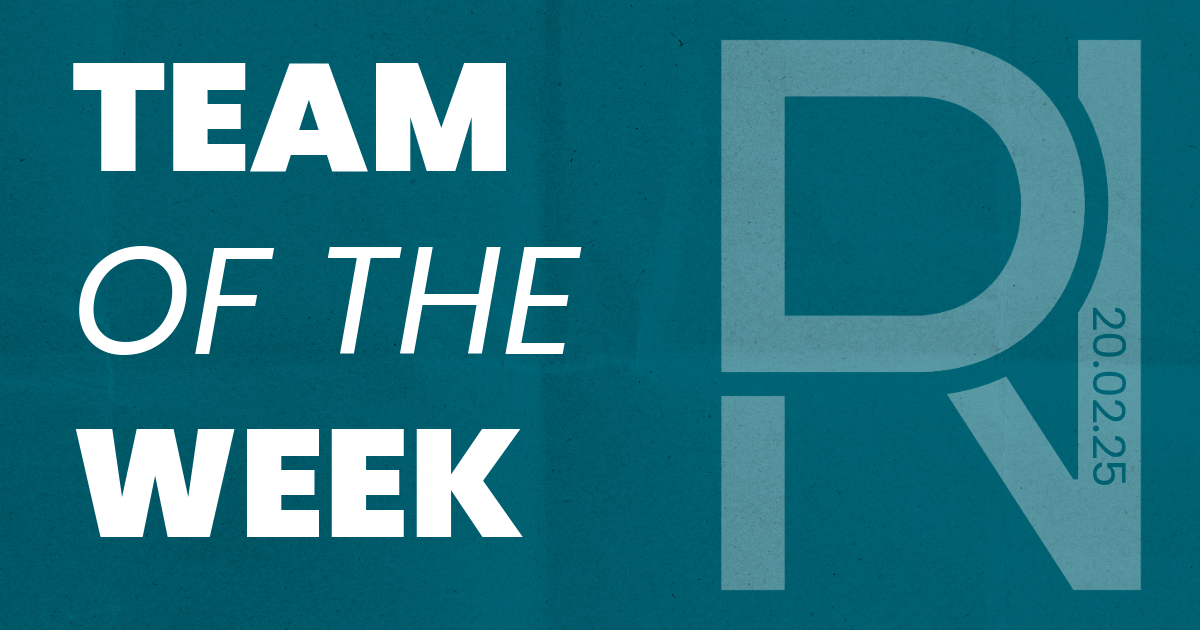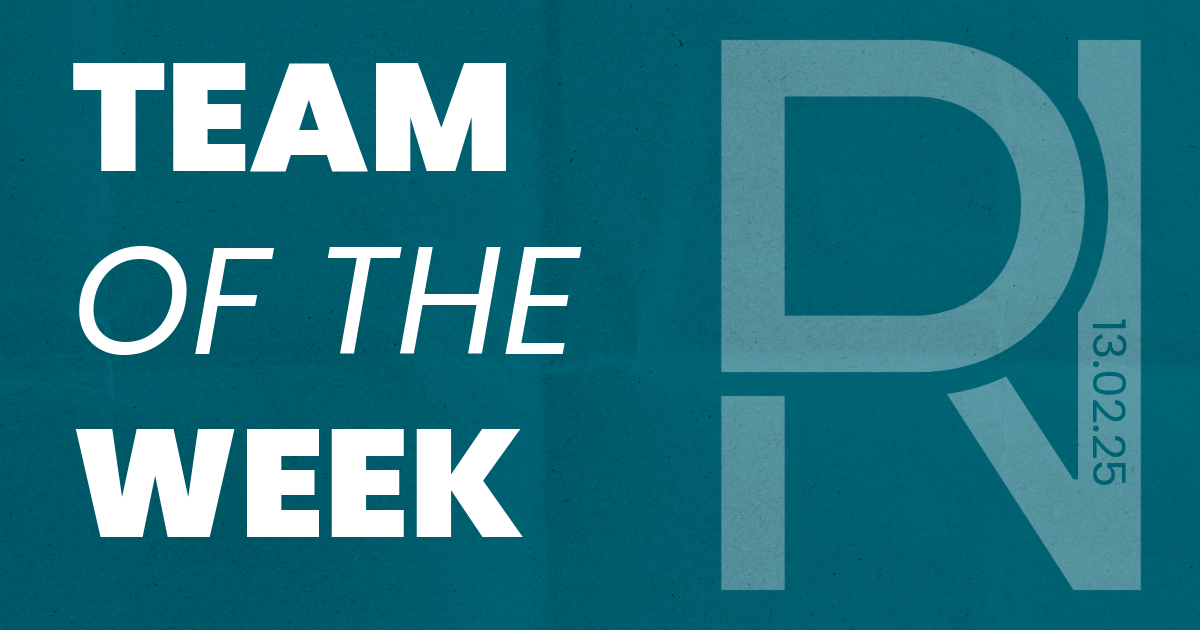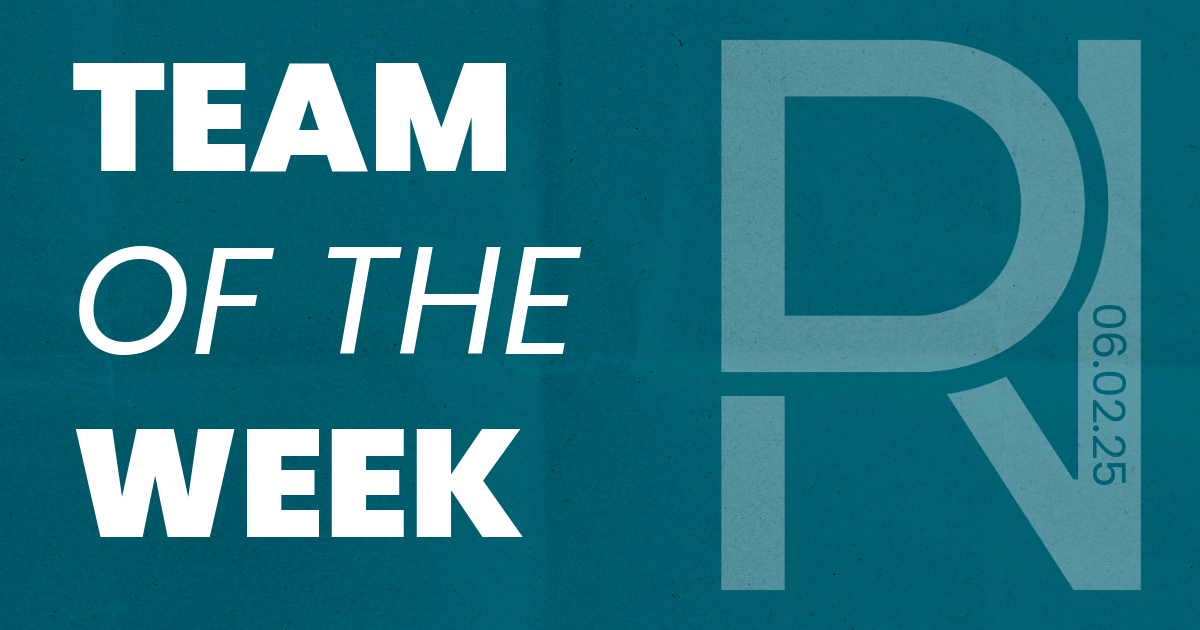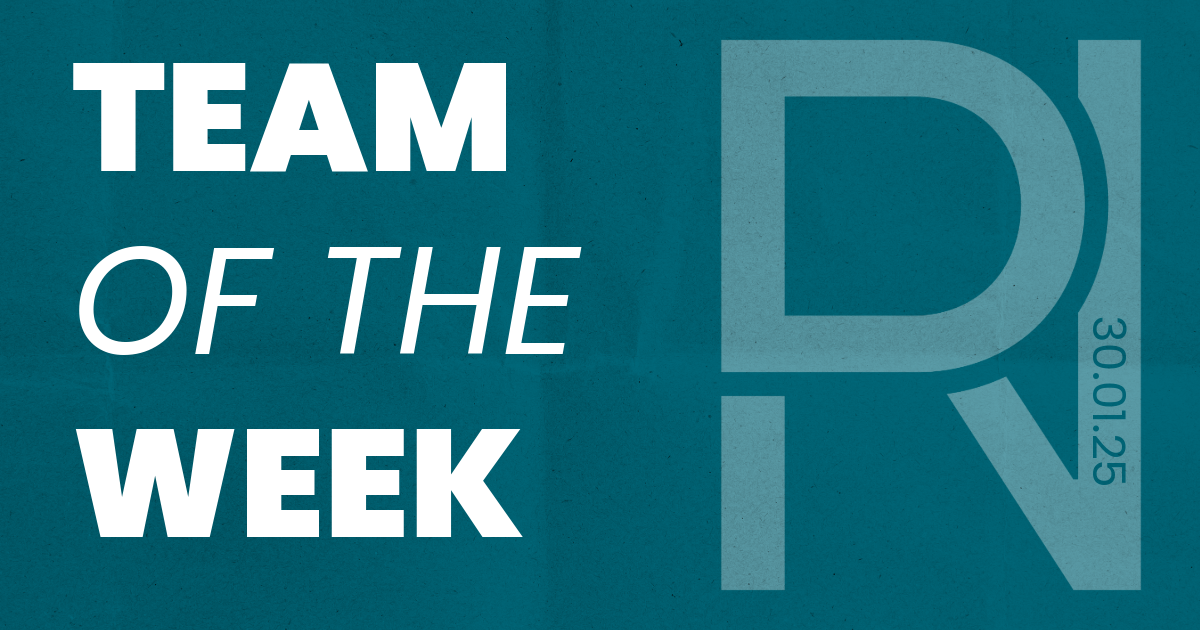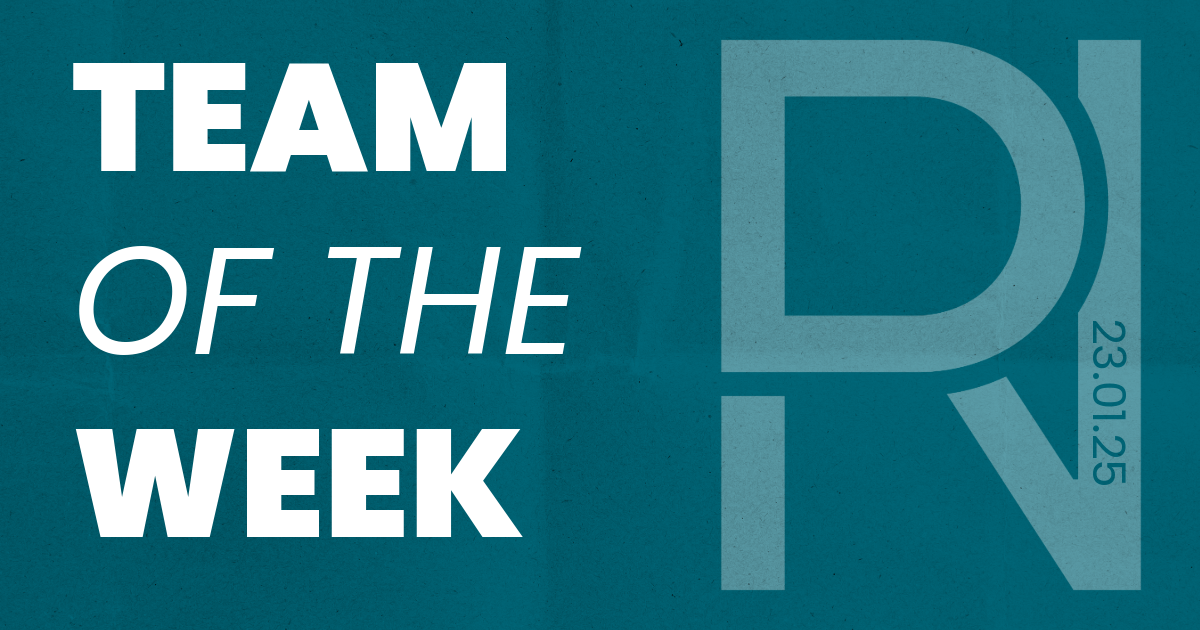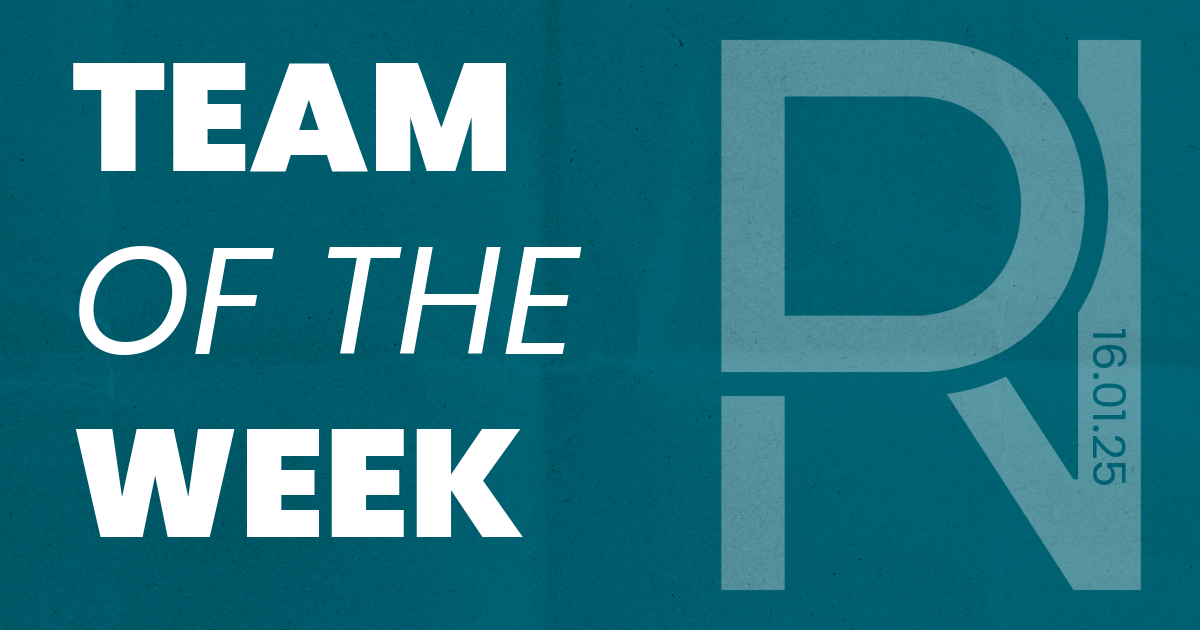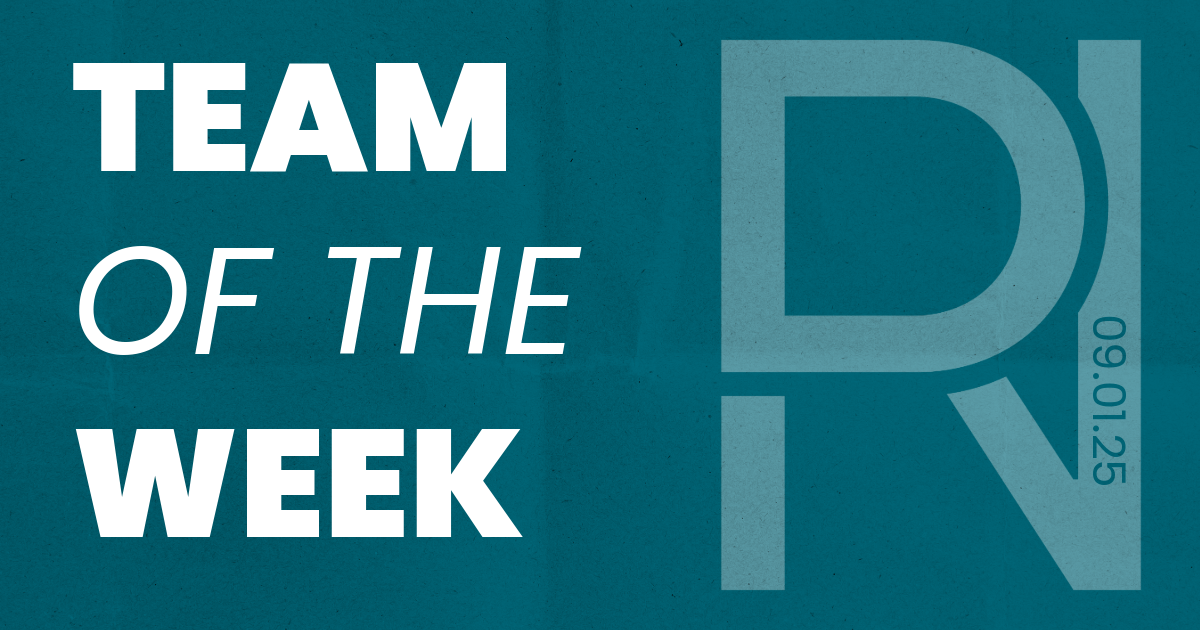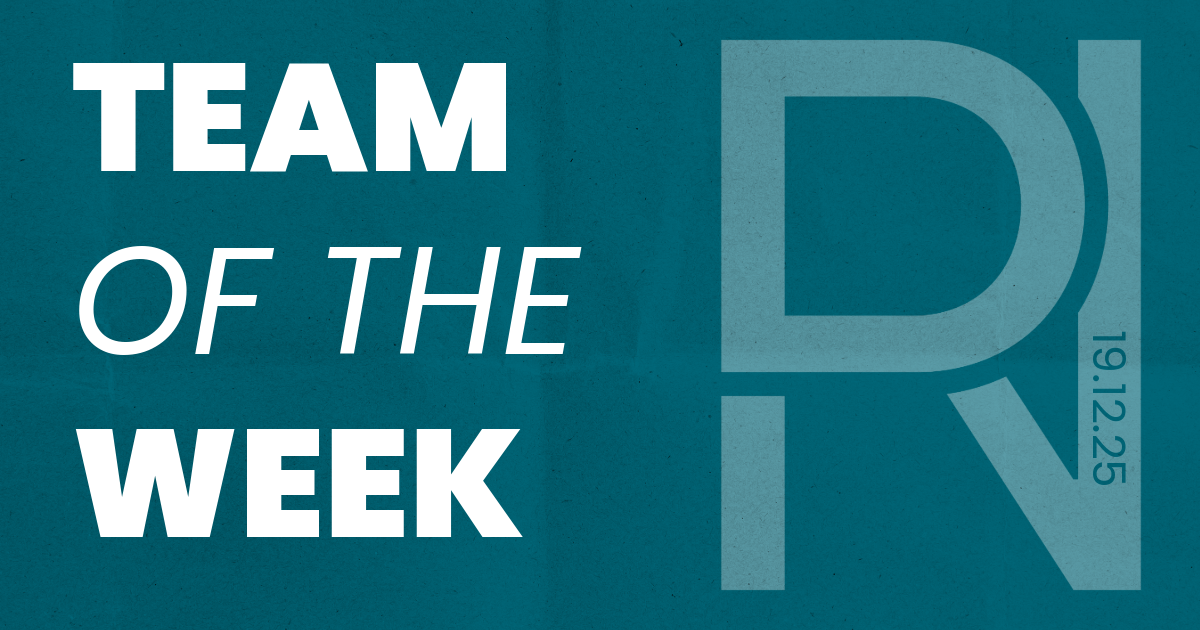The Growth and Purpose of Women’s Sport
The current rise in women’s sports is not an anomaly. The huge crowds, household names and participation increase we are seeing are not just one-off events, they are constants.
But what has created the growth of women’s sport, and what impact has it had? Whilst we are regularly seeing new campaigns to get more women and girls into sport, there seems to be one that has created a lasting impact; ‘This Girl Can’. With an estimated 1.4 million women getting involved in sports, the campaign has made huge shifts in cultural and societal perceptions of women in sports since 2015. Their approach to getting all types of women involved in sport no matter what size, appearance, age, or ability, broke down barriers and preconceived ideas that had originally held women back from participating in physical activity.
Increased broadcasting coverage has also played a significant part in the growth of women’s sports. This is particularly true during the last two years, which may come as a surprise when considering the effect COVID-19 had on sports. A report published by Sky Sports and ‘Leaders in Sport’ found that nearly a quarter of all men (24%) follow more women’s sports than they did two years ago and that 68% of these men attribute this interest to an increase in the broadcasting of women’s sport.
The appetite for women’s sport is evident with the rise of broadcast and viewing opportunities and with that, this rises in interest and participation. The barriers are finally breaking.
More people watching
One of the most obvious examples of this growth is the way women’s sporting events are able to fill stadia. Only last week we saw over 20,000 passionate Geordies raising the roof at St James’ Park (for an FA Women's National League Division One North match, may I add!) whilst Lewes Women continued to make history by filling The Dripping Pan for the first time as they stunned Liverpool.
There is no better example, you might say, than the absolute scenes in Barcelona when, on March 30th Camp Nou saw the largest official crowd to ever watch a women’s football match. With a crowd of 91,553, larger than any that could be hosted in the UK, it showed a brilliant display of support for the women’s game. And whilst this impressive crowd was still making waves around the sporting world, they broke their record again less than a month later reaching a whopping 91,648. The spectacle of support that we are seeing for women’s sports is here to stay.
Football is by no means the only sport that is seeing increasingly high levels of consistent support. Rugby has seen record-breaking crowds. Firstly, during the England v Wales Tik Tok Six Nations fixture, the crowd reached 14,689, making it the largest crowd for an England match until it was beaten two weeks later when the Red Roses beat Ireland in front of 15,836.
Let’s also acknowledge the sponsorship opportunities that are becoming more and more apparently. Tik Tok’s sponsorship of the Six Nations has taken the game into new audiences, accelerated growth and is nothing short of incredible. We highly recommend following Stella Mills on Tik Tok, if you don’t already, for some inspiriting women’s rugby content!
Coming away from ‘in-stadia’, we mustn’t overlook TV audiences, too. Emma Raducanu’s impressive victory at the US Open, pulled in 9.2m viewers combined across Channel 4 and Amazon Prime. She brought a new lease of life into British tennis as the first woman to win a grand slam singles title since 1977.
Some challenges remain
Many athletes fear that entering the spotlight places a target on your back, somewhat, opening yourself up to criticism. Sadly, once you are in the public eye, many will be out to get you. This has been exemplified by a large amount of criticism that Emma Raducanu has received over sponsorship and coaching decisions. The likes of John McEnroe and Eddie Jones have piled in, claiming that she’s not focused on sport and her commercial interests are taking over.
Criticism within Women’s sport sadly new, however much of the criticism is historically, rather misogynistic. Whilst sexist, misogynistic action should never be condemned, it doesn’t mean that that we can’t debate, discuss and analyse. Many would argue that ‘Raducanu’ debate has strong arguments on both sides. Going through so many coaches in such a short amount of time will garner criticism no matter who it was. Male or female – we would hope!
Writing to The Guardian, Australian Netball Player Megan Maurice spoke on the importance of fair criticism in women's sport. She believes that with better coverage critics will have less space to fall back on female stereotypes in their commentary. Rugby international Rachael Burford said to Rugbypass in 2021 after the rise of the #ICare movement, that support of women’s players needs to be genuine. This was recently echoed by David Flatman who also said that if support for women’s rugby is going to be sustainable, people need to be able to see the game for what it is, a game with flaws that need improving.
Women’s sport has made huge improvements over the last few years thanks for developments across funding, sponsorship, broadcasting and crowds at elite levels. That, supported with campaigns such as ‘This Girl Can’ and organisations taking a focus on engagement of women and girls in physical activity, the only way is up.
To keep up with our new digital campaign, #ThePurposeOfYourSport, follow us on Twitter
and LinkedIn.
Share via:
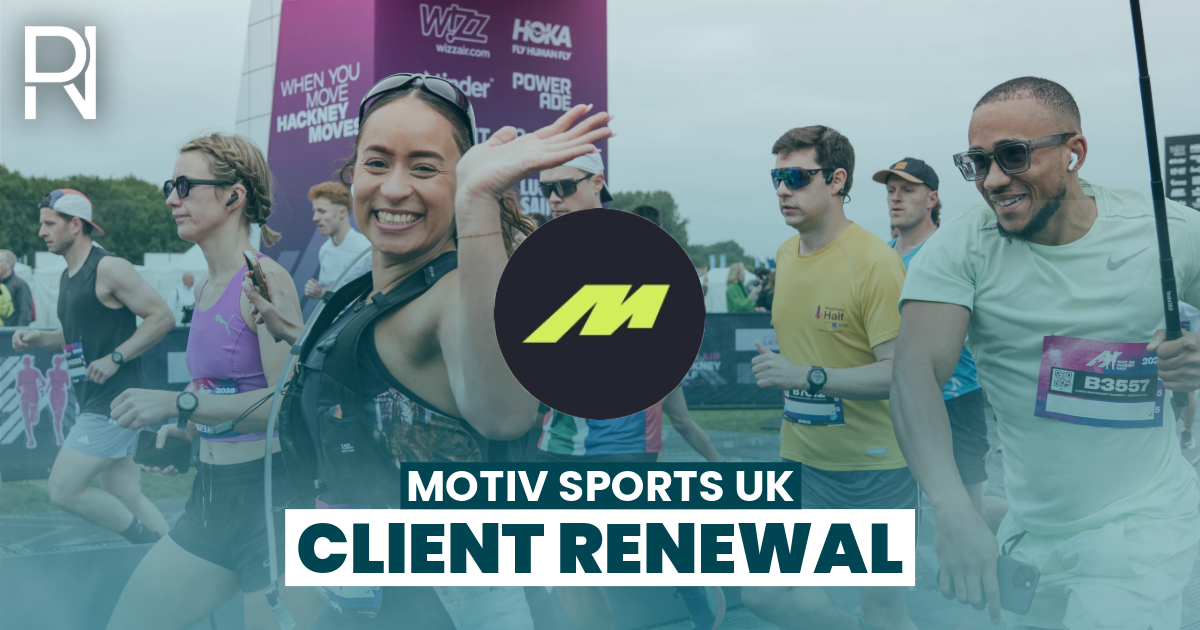
Sport and impact focused PR and communications agency, New Reach, has renewed its partnership with Hampshire Cricket and the iconic Utilita Bowl for a fourth consecutive year. This continued collaboration underscores New Reach’s commitment to delivering exceptional PR and media relations that has amplified profile for the club and venue, alike. Since 2022, New Reach has worked closely with Hampshire Cricket to deliver strategic media relations, innovative campaigns, and impactful storytelling that showcase the club’s achievements both on and off the pitch. New Reach has led PR campaigns including the historic solar project in partnership with Utilita, established new and improved relationships with media brands, driven global announcements and managed key media moments including media days, the signing of cricketing icon Ellyse Perry and the club’s acquisition by GMR Group. Throughout 2026, New Reach will closely align with a new-look team at Utilita Bowl, delivering PR strategy across key moments inside and out of cricket. This will include The Hundred in its new format, the stadium’s 25 year anniversary, positioning the club and venue as leaders across T20, women’s and international cricket, ongoing cricket and regional media engagement, celebrating impact in the community and placing the club’s leaders at the heart of the industry. Nick Rewcastle, Managing Director at New Reach, commented: “We’re thrilled to extend our partnership with Hampshire Cricket for another year. Utilita Bowl is one of the most exciting venues in global sport and entertainment, and we look forward to continuing to help Hampshire Cricket and the venue tell its story and connect with audiences in meaningful ways. “Every year is an exciting year at Utilita Bowl, and we’ve enjoyed working across such a variety of powerful projects and initiatives. 2026 is set to continue in that trajectory, but with some new faces internally at the club and the first full year of new ownership. We’re truly looking forward to backing the Rose and Crown again this year.” Jonathan Peace, Head of Brand, Digital and Marketing at Utilita Bowl added: “New Reach has been an invaluable partner in elevating our communications strategy. Their expertise and creativity have helped us build stronger relationships with fans and media alike, and we’re excited to see what we can achieve together in 2026.” With deep-rooted expertise in sport, media and events, New Reach crafts tailored campaigns across PR, social media and video that inspire action and create lasting impact. New Reach’s commitment to transparency and authenticity drives everything the agency does, with partnerships going beyond business; ensuring every collaboration is rooted in integrity, trust, and a shared purpose. New Reach will not compromise trust, morals or rules to profit.

Sport and impact focused PR and communications agency, New Reach, has renewed its partnership with Hampshire Cricket and the iconic Utilita Bowl for a fourth consecutive year. This continued collaboration underscores New Reach’s commitment to delivering exceptional PR and media relations that has amplified profile for the club and venue, alike. Since 2022, New Reach has worked closely with Hampshire Cricket to deliver strategic media relations, innovative campaigns, and impactful storytelling that showcase the club’s achievements both on and off the pitch. New Reach has led PR campaigns including the historic solar project in partnership with Utilita, established new and improved relationships with media brands, driven global announcements and managed key media moments including media days, the signing of cricketing icon Ellyse Perry and the club’s acquisition by GMR Group. Throughout 2026, New Reach will closely align with a new-look team at Utilita Bowl, delivering PR strategy across key moments inside and out of cricket. This will include The Hundred in its new format, the stadium’s 25 year anniversary, positioning the club and venue as leaders across T20, women’s and international cricket, ongoing cricket and regional media engagement, celebrating impact in the community and placing the club’s leaders at the heart of the industry. Nick Rewcastle, Managing Director at New Reach, commented: “We’re thrilled to extend our partnership with Hampshire Cricket for another year. Utilita Bowl is one of the most exciting venues in global sport and entertainment, and we look forward to continuing to help Hampshire Cricket and the venue tell its story and connect with audiences in meaningful ways. “Every year is an exciting year at Utilita Bowl, and we’ve enjoyed working across such a variety of powerful projects and initiatives. 2026 is set to continue in that trajectory, but with some new faces internally at the club and the first full year of new ownership. We’re truly looking forward to backing the Rose and Crown again this year.” Jonathan Peace, Head of Brand, Digital and Marketing at Utilita Bowl added: “New Reach has been an invaluable partner in elevating our communications strategy. Their expertise and creativity have helped us build stronger relationships with fans and media alike, and we’re excited to see what we can achieve together in 2026.” With deep-rooted expertise in sport, media and events, New Reach crafts tailored campaigns across PR, social media and video that inspire action and create lasting impact. New Reach’s commitment to transparency and authenticity drives everything the agency does, with partnerships going beyond business; ensuring every collaboration is rooted in integrity, trust, and a shared purpose. New Reach will not compromise trust, morals or rules to profit.

